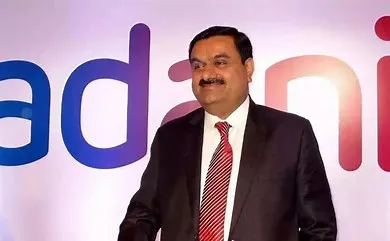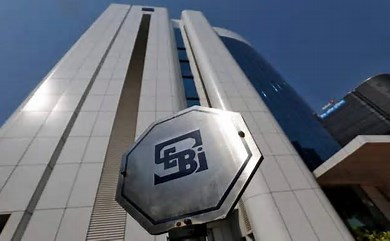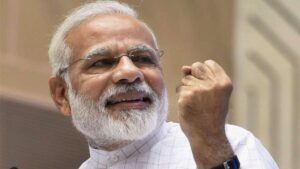Prime Minister Narendra Modi’s forecast regarding the stock market post Lok Sabha elections has materialized, with the Sensex surging over 5,000 points since June 4. In just 9 trading sessions, both the Sensex and Nifty achieved all-time highs, propelling investor wealth by Rs. 42.4 lakh crore to Rs. 437.24 lakh crore.
During his election campaign, PM Modi had expressed confidence that the market would reach record highs after the elections. In an interview with NDTV, he hinted at this by stating, “You will see that within one week after June 4, the day election results are to be declared, market participants will get tired.”
Echoing this sentiment, Home Minister Amit Shah advised investors to buy before June 4, anticipating a surge in the market.
After the elections, the statements made by PM Modi and Amit Shah became a matter of political debate, especially when Congress leader Rahul Gandhi alleged that the market crash on June 4, resulting in investors losing ₹31 lakh crore in notional wealth, was due to market manipulation. The Congress demanded a probe by a joint parliamentary committee (JPC), pointing out that the Sensex hit a record high on June 3 after exit polls but plummeted the next day.
In a separate development, Morgan Stanley predicted that the Sensex would reach 82,000 in the next 12 months. The firm emphasized the NDA government’s re-election and its impact on policy predictability, suggesting that the government’s focus on macro stability, such as inflation control, would influence growth and equity returns over the next five years.














